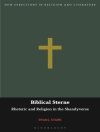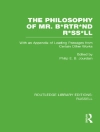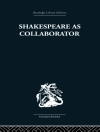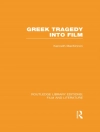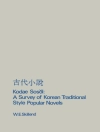First published in 1776, Adam Smith’s Wealth of Nations is much more than just a handbook on the principles of free-market economics; it is a founding text for the organisation of Western society in its broadest sense.
In order to understand the impact of Smith’s text across the academic disciplines, this volume brings together leading scholars from fields of economics, politics, history, sociology and literature. Each essay offers a different reading of Wealth of Nations and its legacy.
Contributors consider the historical context in which Wealth of Nations was written, its reception and its profound impact on contemporary concepts of market liberalism, on education, on gender relations and on environmental debates. The volume also offers deconstructive analyses of the text and a feminist critique of Smith’s construction of the economy.
This volume will be the ideal companion to Smith’s work for all students of literature, politics and economic history.
Innehållsförteckning
1. Introduction: reading the Wealth of Nations – Stephen Copley
2. Natural liberty and laissez faire: how Adam Smith became a free trade ideologue – Keith Tribe
3. Adam Smith and the ‘free market’ – Heinz Lubasz
4. Adam Smith and the role of the state: education as a public service – Andrew Skinner
5. Adam Smith’s master narrative: women and the Wealth of Nations – Kathryn Sutherland
6. Look, no hidden hands: how Smith understands historical progress and societal values – Noel Parker
7. Adam Smith and the limits to growth – Ted Benton
8. The last georgic: Wealth of Nations and the scene of writing – Kurt Heinzelman
Notes on contributors
Select bibliography
Index
Om författaren
Kathryn Sutherland is Professorial Fellow in English at St Anne’s College, University of Oxford



